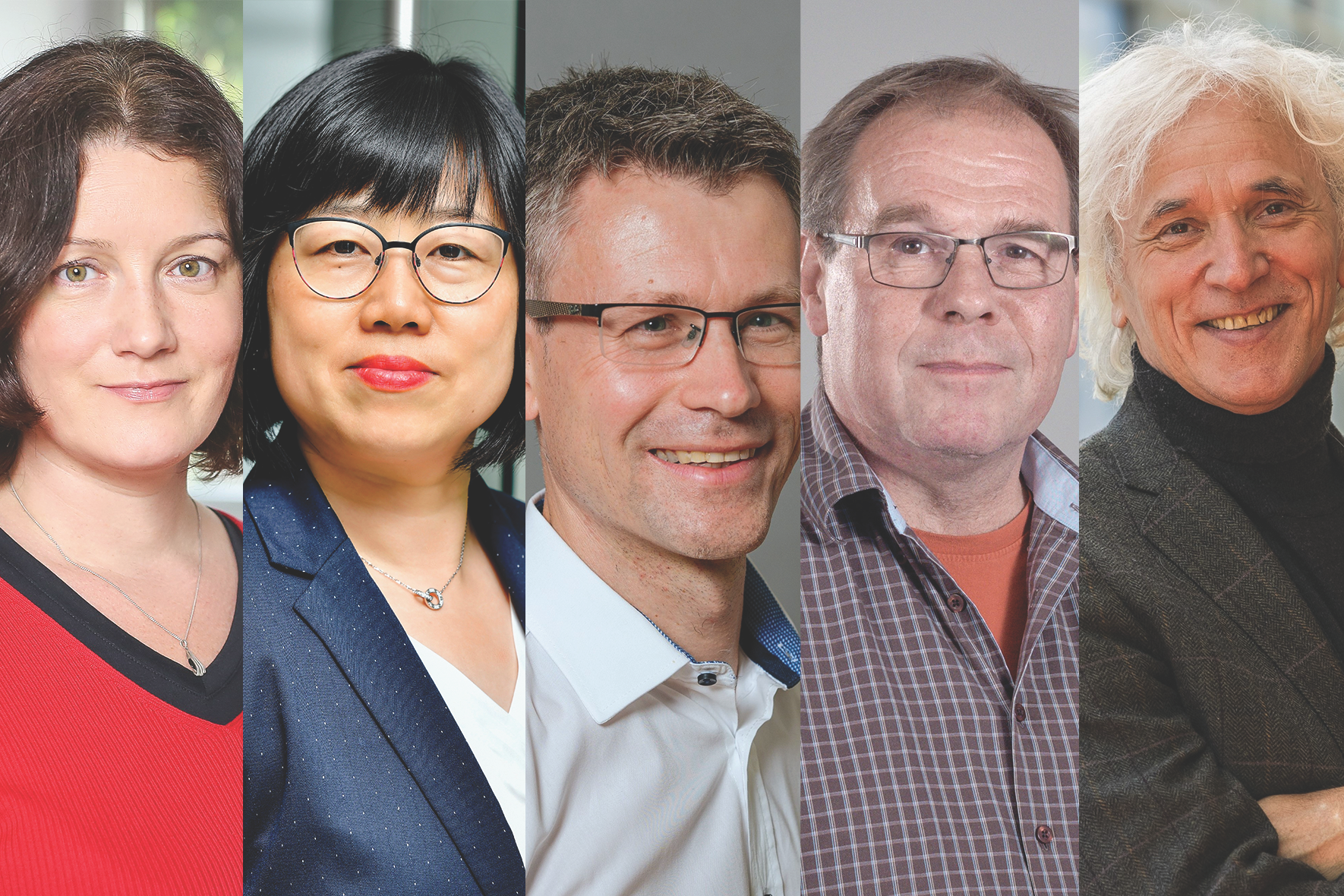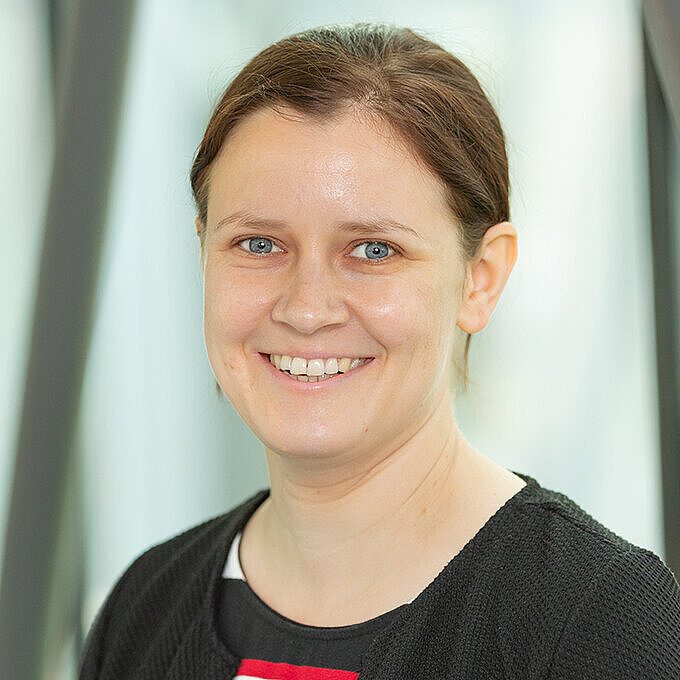Bioinformatician Prof Alice McHardy uses computational techniques to research the human microbiome as well as viral and bacterial pathogens. She heads the department “Computational Biology for Infection Research” at BRICS (Braunschweig Integrated Center of Systems Biology), a joint institution of the HZI and Technische Universität Braunschweig.
The department “Computational Biology for Individualised Medicine“ headed by Prof Yang Li is located at the Centre for Individualised Infection Medicine (CiiM), a joint initiative of the HZI and Hannover Medical School. Using computational and statistical approaches, Li investigates the interplay between genetic background and environmental influences and their contribution to infections and immunological diseases.
Prof Andreas Keller heads the department “Clinical Bioinformatics” at the Helmholtz Institute for Pharmaceutical Research Saarland (HIPS), a site of the HZI in cooperation with Saarland University. He uses computational methods to investigate how bacteria, as producers of natural products, interact with humans and how they can trigger diseases or even protect against them. A special focus of the research is on the regulatory mechanisms of non-coding RNAs.
Prof Marc Stadler's department “Microbial Drugs” searches for antibiotically active natural substances in fungi and soil bacteria. Stadler also develops analytical methods for the search and structural elucidation of secondary substances and establishes their production processes on a pre-industrial scale.
Prof Josef Penninger has been Scientific Director of the HZI since July 1, 2023 and heads the department “Innovative Organoid Research”. He previously headed the Life Sciences Institute at the University of British Columbia (Canada). Penninger investigates the genetic causes of diseases and uses organoids - miniature organs grown in cell culture - among other things.
In total, the list of “Highly-cited researchers” comprises around 7,100 researchers.

